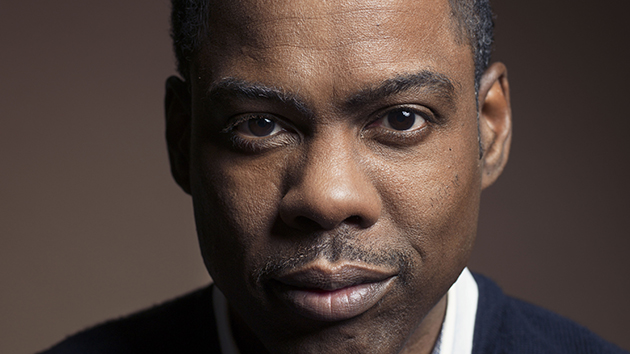In his call for Americans to begin an “honest conversation” about broken race relations in America, New York City Mayor Bill de Blasio defended earlier statements he made explaining why his biracial son Dante needs to be especially careful in encounters with law enforcement.
“What parents have done for decades, who have children of color, especially young men of color, is train them to be very careful when they have a connection with a police officer,” de Blasio opened up to ABC’s George Stephanopoulos on Sunday.
“It’s different for a white child. That’s just the reality in this country. And with Dante, very early on with my son, we said, look, if a police officer stops you, do everything he tells you to do, don’t move suddenly, don’t reach for your cell phone, because we knew, sadly, there’s a greater chance it might be misinterpreted if it was a young man of color.”
His appearance on Sunday follows a previous statement he made revealing the personal story of when he and his wife sat down with Dante with instructions on how he should act if he were to ever be stopped by an officer. The anecdote drew outrage from police union leaders who criticized the mayor for “throwing officers under the bus.”
In the aftermath of last week’s decision by a grand jury not to indict the officer who placed Eric Garner in a fatal chokehold, de Blasio has had the difficult task of demonstrating support for both protestors and members of the New York City Police Department. Many have applauded the mayor for being able to view Garner’s death from a raw, personal standpoint.
Say what you will about Blaz, but he has the same concerns that many of us do: how to keep his black children alive.
— Jazmine Hughes (@jazzedloon) December 3, 2014
Backing de Blasio’s personal views are a number of studies showing that even absent conscious, blatant racism, our brains are wired with implicit biases that cause all of us, including police, to instincitvely react with prejudice.
After his appearance on Sunday, however, Ed Mullins of the Sergeants Benevolent Association rejected the mayor for doubling down on his comments and suggested the mayor should move out of the city if he can’t trust his own police force.
















